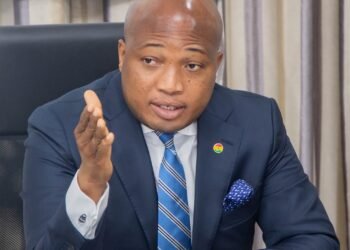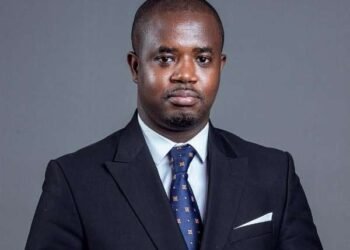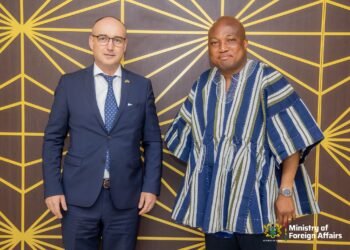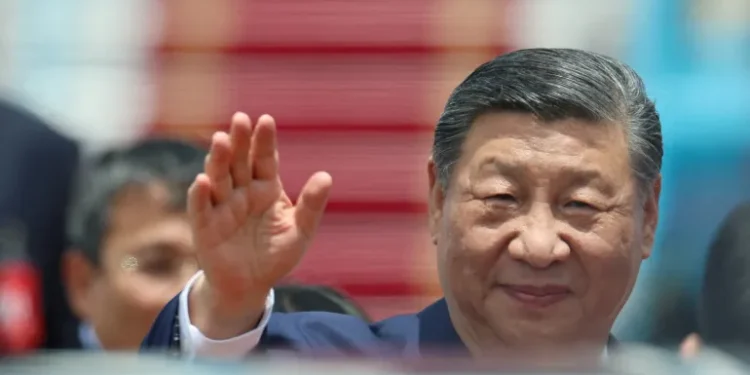The Health Minister, Dr. Bernard Okoe Boye, has attributed the sluggish progress of the Agenda 111 projects to the insufficient capacity of some local contractors.
Speaking before the Assurance Committee of Parliament, Dr. Okoe Boye highlighted multiple challenges impeding the initiative designed to boost Ghana’s healthcare infrastructure.
Dr. Okoe Boye cited the government’s commitment to local content by engaging local contractors as a major factor, noting that many lacked the capacity to meet the project’s stringent timelines.
“Some of the local contractors engaged in the Agenda 111 projects have demonstrated a lack of capacity, leading to delays. As a result, we have had to replace some contractors to ensure the project’s completion within the revised timelines”.
Dr Bernard Okoe Boye, Minister of Health
In addition to contractor poor performance, the Health Minister pointed out several other obstacles, including land litigation issues, the unwillingness of some chiefs to release lands, and difficulties in acquiring land in urban areas.
These issues, Dr Okoe Boye indicated have necessitated design variations to adapt to the available land in some urban locations across the country.
Dr. Okoe Boye further underscored the current administration’s decision to prioritize local contractors, arguing that the move was driven by a desire to promote local content.
He contended that over the years, several health sector projects have been predominantly awarded to foreign contractors, adding that “This time, the President insisted on engaging local contractors”.
Despite acknowledging the various challenges causing the delay of the projects, the Health Minister assured the committee that substantial progress is being made, with 28 projects expected to be completed by the end of 2024.
Government’s Commitment to Primary Healthcare
Moreover, Honorable Bernard Okoe Boye revealed that the government has conducted a thorough assessment of all districts in Ghana to evaluate their capacity to handle primary healthcare needs.
The key objective of the assessment, Dr. Okoye Boye pointed is to ensure that no Ghanaian has to travel to a city center for essential healthcare services.
Dr. Okoe Boye also addressed the underlying purpose of the Agenda 111 projects, stressing the importance of accessible healthcare across the country.
He underscored the ruling New Patriotic Party administration led by President Akufo-Addo’s commitment to ensure that anywhere in Ghana, even in the most challenging situations, healthcare services should be within reach.
The Health Minister expressed confidence that the majority of the projects would be completed before the end of President Akufo-Addo’s tenure, underscoring the current administration’s commitment to expanding healthcare infrastructure and improving quality healthcare.
The Assurance Committee of Parliament, chaired by the Member of Parliament for North Tongu Constituency, Honorable Samuel Okudzeto Ablakwa, reacting to the Health Minister’s remarks, questioned the Health Minister about the government’s foresight regarding these challenges before the President’s initial promise of an April 2021 completion date.
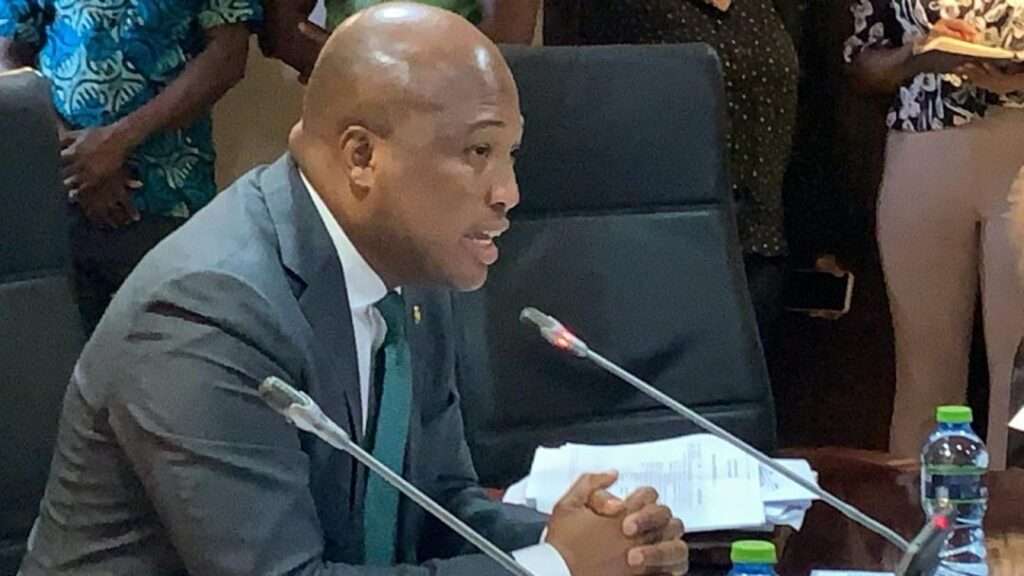
In recent times, there have been growing concerns among several Ghanaians over the possible completion of the government’s flagship health project called Agenda 111.
Despite lofty promises and assurances from government officials,including President Akufo-Addo, the ambitious endeavor, aimed at revolutionizing healthcare infrastructure, finds itself mired in a quagmire of challenges, primarily stemming from funding constraints.
Initiated in August 2021 by the ruling government, Agenda 111 set out with an ambitious goal to construct 111 hospitals across the nation within an 18-month timeframe for each unit.
The overarching objective was to elevate the quality of healthcare services at the district level while ensuring universal access for all citizens of Ghana. However, two years down the line, the reality starkly contrasts with the initial vision.
As the government strives to overcome these hurdles, the successful completion of the Agenda 111 projects remains a critical goal for enhancing Ghana’s healthcare infrastructure and ensuring equitable access to medical services for all citizens.
READ ALSO: Ghana’s Indigenous Seeds at Risk of Extinction Amidst GMO and Hybrid Seed Influx







